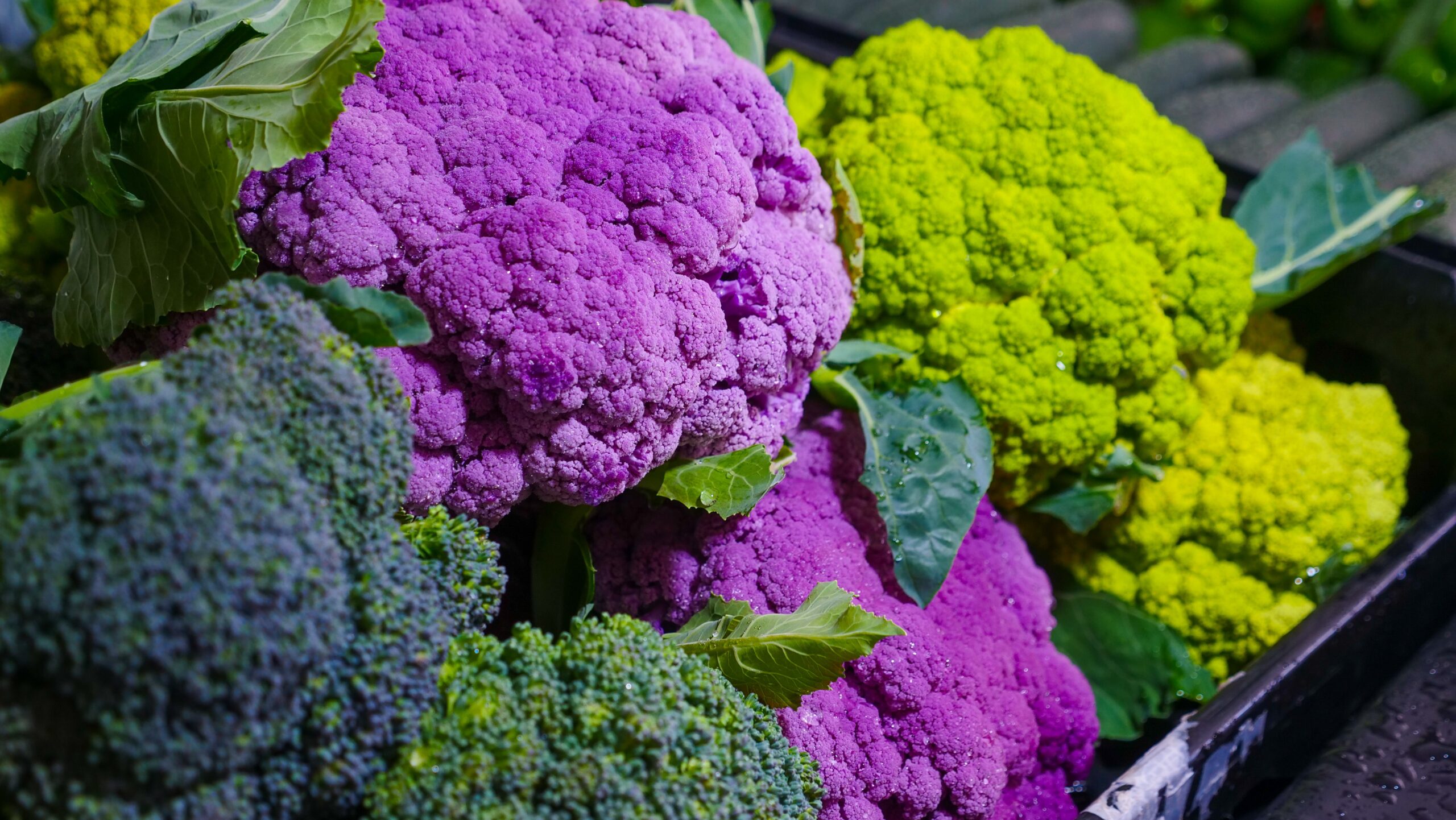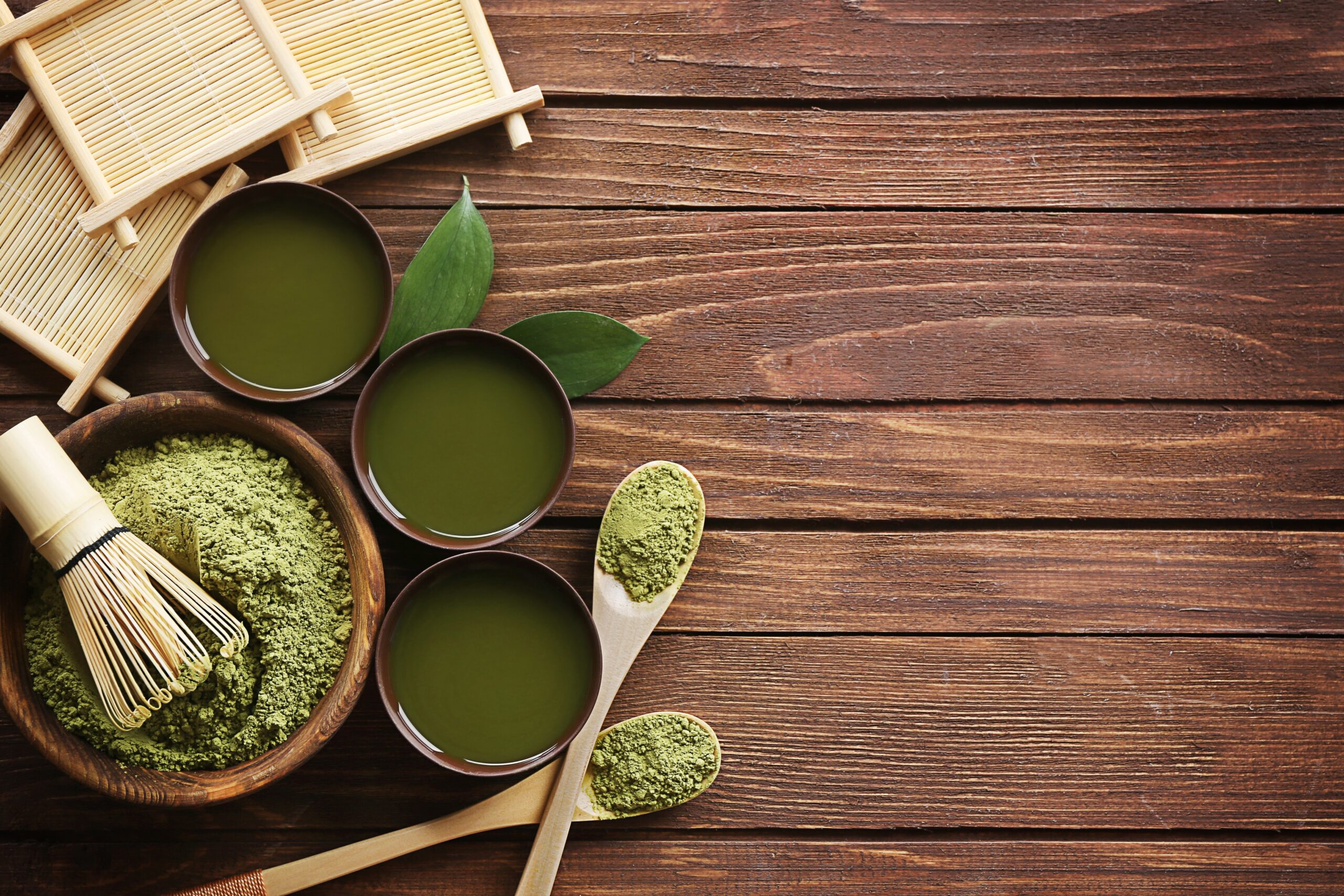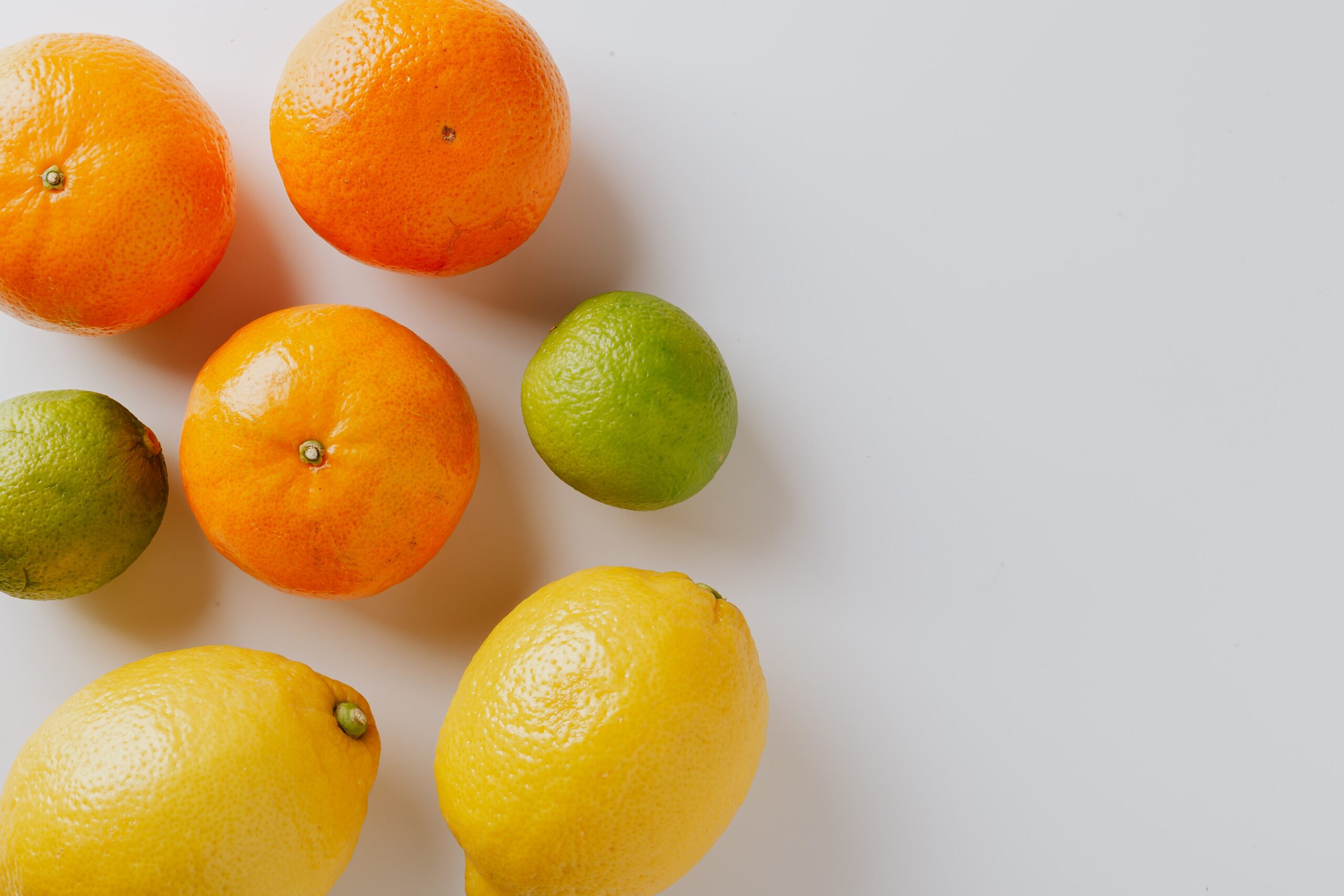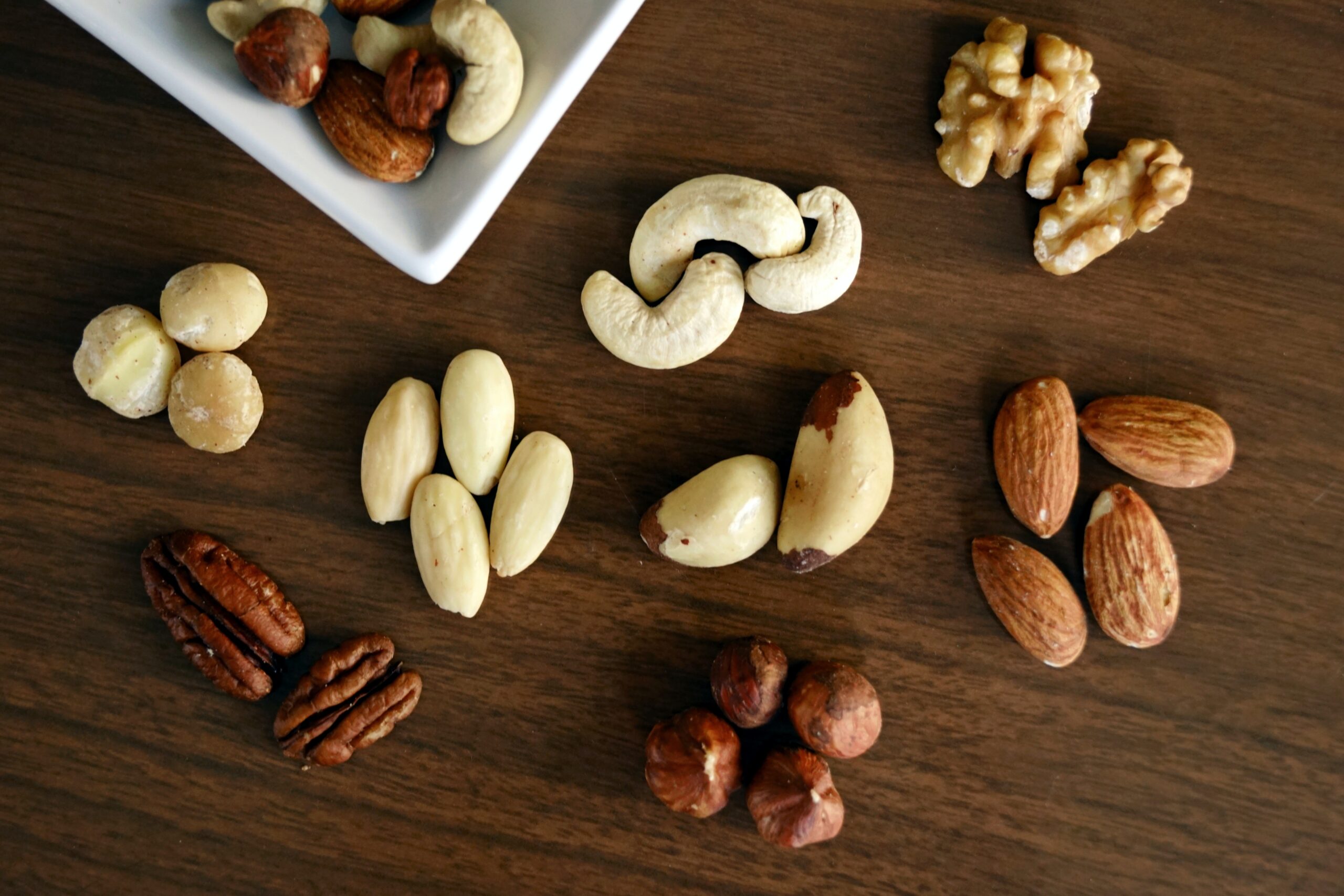Role of Antioxidants in Cancer Prevention
Cancer prevention refers to the adoption of various strategies and lifestyle choices to reduce the risk of developing cancer. Antioxidants play a significant role in cancer prevention due to their ability to neutralize free radicals and reduce oxidative stress in the body. By doing so, antioxidants help prevent DNA damage and mutations that can lead to the uncontrolled growth of cancer cells.
Several antioxidants have been studied for their potential cancer-preventive properties, including vitamins A, C, and E, selenium, and various phytochemicals found in fruits, vegetables, and other plant-based foods. These compounds can be obtained through a balanced and diverse diet or through dietary supplements.

In conclusion, antioxidants play a crucial role in cancer prevention by reducing oxidative stress and protecting cells from DNA damage. However, maintaining a well-balanced diet, adopting a healthy lifestyle, and consulting with healthcare professionals remain essential for comprehensive cancer prevention strategies.
Including specific foods rich in antioxidants as part of a balanced diet can contribute to cancer prevention. Here are some examples of antioxidant-rich foods that have been studied for their potential benefits:

Berries

Cruciferous Vegetables

Tomatoes

Green Tea

Citrus Fruits

Nuts and Seeds
